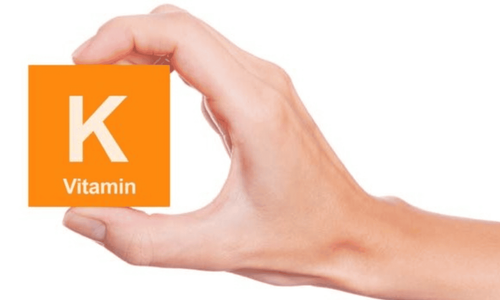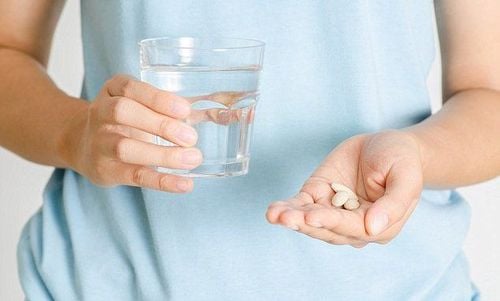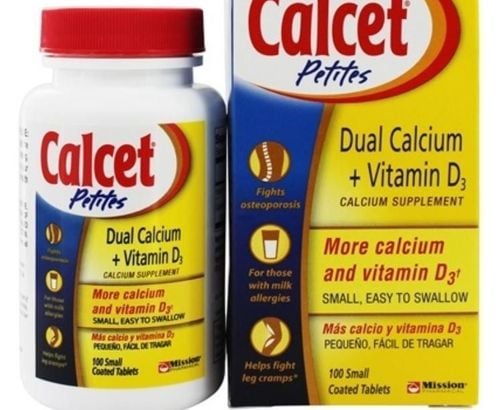This is an automatically translated article.
Adequate intake of vitamins and minerals through diet or supplements is essential to maintaining children's oral health. The development of teeth not only requires calcium but also depends on many other factors. The vitamins that are good for teeth include: vitamin A, vitamin B, vitamin C, vitamin D, vitamin K.
1. Vitamin A
Vitamin A is a fat-soluble compound essential for human health. The participation of vitamin A in the formation of healthy connective tissue of soft bones in the gums plays a very important role. It helps keep gums healthy and maintains the amount of saliva circulating in the oral cavity.
Vitamin A exists in 2 main forms:
Active vitamin A: contains a lot of animal products such as chicken, fish, meat, milk along with other compounds of vitamin A in the form of retinol, retinal and retinoic acid. Inactive vitamin A: contained in plant products in the form of carotenoids such as: alpha carotene, beta carotene and beta cryptoxanthin. When these compounds are absorbed into the body, they convert to the active form of vitamin A.
2. Vitamin B
Vitamin B is one of the essential vitamins of the body belonging to the group of water-soluble vitamins. Vitamin B plays an important role in the body, with functions related to metabolism, the functioning and development of the nervous system as well as other parts of the body including hair and skin. . B vitamins are said to improve overall health. In particular, vitamin B reduces inflammation of the tongue and keeps sores in the oral cavity from spreading.
B vitamins have many types such as vitamin B1, vitamin B2, vitamin B3, vitamin B6, vitamin B12,... Vitamins are found in many foods such as beans, meat, green leafy vegetables.
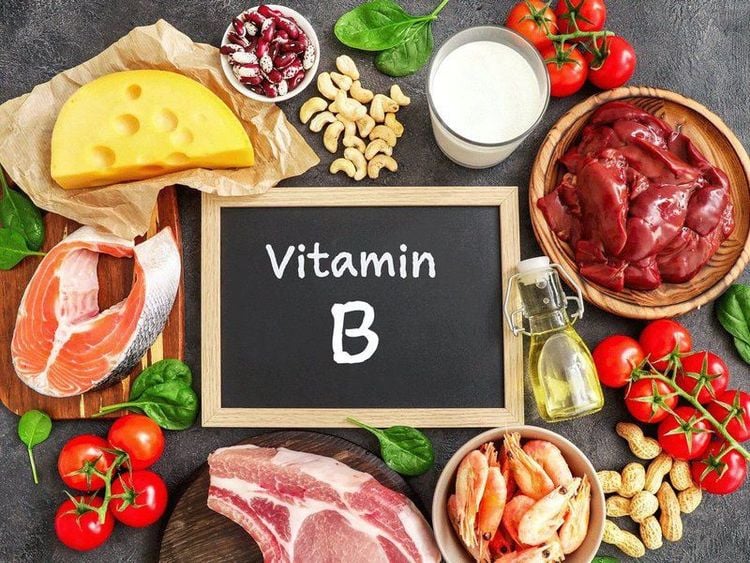
Vitamin B là vitamin tốt cho răng
3. Vitamin C
Vitamin C, also known as ascorbic acid, is a vitamin that the body uses in the formation of blood vessels, muscles, cartilage, and collagen in bones. In addition, vitamin C also strengthens the gums and helps prevent the invasion of harmful bacteria, enhancing the body's better resistance.Vitamin C deficiency can lead to gingivitis and bleeding gums. Some food sources of vitamin C can be mentioned as berries, grapefruit, guava, watermelon, red peppers, citrus fruits, tangerines.
4. EASY Vitamins
Vitamin D is one of the essential micronutrients that the body needs for many important metabolic processes including building and maintaining strong bones and helping the body absorb calcium well for teeth. Vitamin D is one of the vitamins good for teeth, which is vital for maintaining oral and bone health.Adequate supply of vitamin D will ensure the development of teeth and reduce the risk of gingivitis. For subjects between the ages of 1 and 70 years, the recommended vitamin D intake is 600 IU and those over 70 years old is 800 IU. For those who do not receive enough sunlight, the recommended amount of vitamin D for the body will reach 1000 IU per day. Foods rich in vitamin D include eggs, milk, and fish.
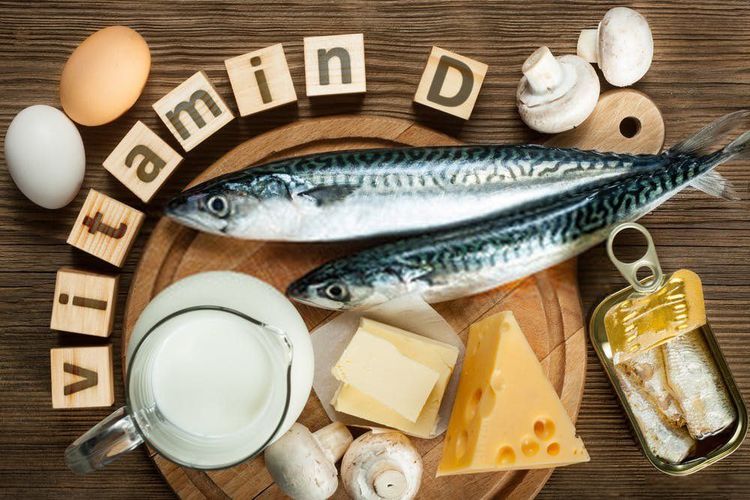
Vitamin D là vitamin tốt cho răng
5. Vitamin K
Vitamin K is one of the important components of the liver enzyme system that synthesizes blood clotting factors including prothrombin, factors VII, IX, X. Vitamin K is a group of fat-soluble vitamins, with a complex structure. structurally similar and plays an important role in the regulation of blood coagulation, as well as is required for coagulation support and is considered a coagulation factor. Vitamin K deficiency is one of the main causes of bleeding gums and poor oral health. Vitamin K has 2 natural forms including vitamin K1, also known as phylloquinone, found in natural foods such as soybeans, green leafy vegetables such as spinach, cucumbers, broccoli, celery, etc. .. Vitamin K2 also known as menaquinone is made by beneficial bacteria inside the gut. Besides, there are 3 types of known synthetic vitamin K which are vitamin K3, K4 and vitamin K5. Natural vitamins K1 and K2 are non-toxic, but the synthetic form of vitamin K3 is toxic.
In short, vitamins provided through diet or supplements will help maintain healthy teeth and gums. The development of teeth not only requires calcium but also depends on many other factors. The vitamins that are good for teeth include: vitamin A, vitamin B, vitamin C, vitamin D, vitamin K. A lack of vitamins can lead to bleeding gums, gingivitis, ... affecting the health of teeth. child's mouth. Therefore, parents need to supplement enough vitamins through the diet as well as maintain a scientific lifestyle such as daily oral hygiene to keep children's teeth healthy.
Please dial HOTLINE for more information or register for an appointment HERE. Download MyVinmec app to make appointments faster and to manage your bookings easily.





